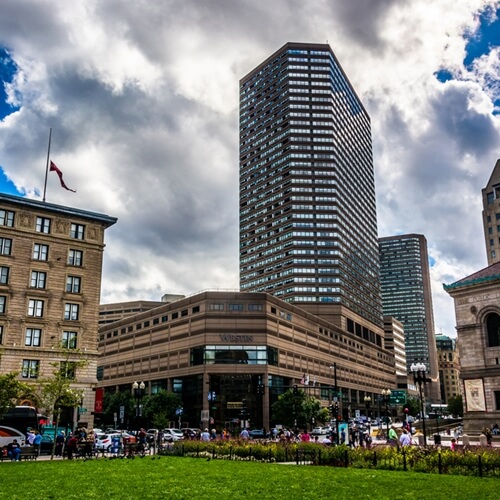Lessons From Boston’s Restaurant Week Woes
Restaurant Week is a popular event put on by many cities across the US. The event, where diners can get a prix fixe meal from participating restaurants at a set price, has been much maligned in cities such as Boston over the last few years. In response to the negative reactions to Boston Restaurant Week, the Boston Globe is reporting that the Greater Boston Convention and Visitors Bureau recently undertook rebranding efforts to try and salvage the spirit of the event. Many other cities may stand to learn a few lessons from the struggle of Restaurant Week in Boston.
Declining interest in Boston
Boston’s Restaurant Week started in 2001 in an attempt to attract diners to restaurants during the slowest week of the year. The event sought to entice new business by offering a multi-course prix fixe menu at $33. This was a deep discount for gourmet restaurants around town, and thus the promotion became incredibly popular. In that first Restaurant Week, only 36 restaurants participated, a number that grew to 229 at the event’s peak in popularity in 2010. Since that year, diner interest has begun to fade and restaurant discontent has grown.
The main problem that Boston restaurateurs had with Restaurant Week was the event’s rigid pricing structure. The fixed price was too low for high-end restaurants who couldn’t afford to offer their signature dishes at so low a price point. In response to this sentiment, the price was raised to $38 in 2013. However, this new price point is too high for less expensive restaurants to continue to attract business.
Rebranding efforts
In response to the dissatisfaction with the current structure, Boston Restaurant Week was rebranded to Dine Out Boston. The new event will feature a tiered price structure allowing restaurants to offer lunch at a price of $15, $20 or $25 and dinner at a price of $28, $33 or $38.
What other cities can learn
The struggle to sustain popularity in recent years is useful information for other cities that run similar promotions. Restaurants will want to participate in Restaurant Week if they can do so affordably and if it results in new, repeat business from diners. Pricing is one of the most important factors for restaurants as it determines what they will be able to produce and how much of it they will be able to sell. While it isn’t clear whether or not Boston’s changes will have a positive effect on the event’s public reception, the outcome of Dine Out Boston will be closely watched by leading industry experts.


